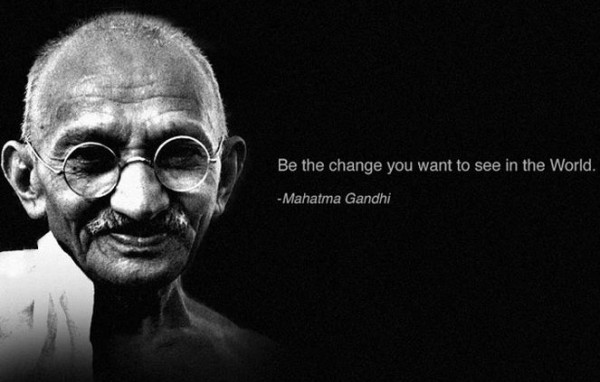The role of CEOs in overall success of the organization, leading the development and execution of long-term strategies with the goal of increasing shareholder value is inevitable. At the same time, corporate sustainability topics are ubiquitous.
In the current global business landscape, the paramount significance of environmental, social, and governance matters is evident, a recognition that is reverberating among CEOs and corporate leaders on a global scale. From the existential threat of climate change to growing socioeconomic disparities, businesses worldwide face immense pressure to adopt sustainable strategies.

The role of CEOs in this transformative charge have evolved from profit maximization proponents to sustainability trailblazers. This evolution of CEOs role is not merely altruistic; it reflects the understanding that long-term corporate success is intricately tied to a healthier planet and more equitable society.
The CEO’s Sustainability Mandate
Increasingly, stakeholders demand companies contribute positively to the world. Dr. Rebecca Henderson, a professor at Harvard Business School, states, “Businesses cannot succeed in societies that fail.” CEOs of today, must pivot from traditional business practices to ones acknowledging their operations’ broader societal and corporate sustainability.
Why Does the CEO Need to Lead on Sustainability?
The CEO is the leader, the top of the business and in many cases, the face of the company. When people research the brand, they are likely to look at who the CEO is, what they are doing, and what they have been saying.
Having a CEO who encapsulates the brand message and values, and who creates value for the business by accelerating it and giving it credibility, commitment, and trustworthy respect, is essential.
Organization who lack this approach are likely to find themselves losing market share, see their brand’s marketing power diminish, lose talented potential employees to other businesses and will lose out on investment opportunities.
CEOs need to take the lead on Environmental, Social, and Governance (ESG) issues, especially as regulations and requirements are becoming stricter – when it comes to Climate Change, 77% of Executives reported regulatory pressures to act.
CEOs role in corporate sustainability and how to achieve it?
The CEOs role is to lead by example, and show stakeholders and customers, that the visions of the business, and the values, aren’t just lip-service – they’re a core component, which they take seriously, and are personally invested in. Here are some of the ways a CEO can attain corporate sustainability.
Integrating sustainability as company’s mission
Embed ESG goals into the company’s mission and vision, ensuring they align with operational strategies and business models.
Sustainability in supply chains
Enforce sustainable practices among suppliers, including reduced emissions, fair labor practices, and responsible sourcing.
Green investment
Redirect investments from non-renewable to renewable sources, supporting sustainable initiatives.
Adopt eco-friendly resources
Adopt production methods minimizing environmental impact through waste reduction, energy efficiency, and sustainable resources.
Employee training on sustainability
Foster a sustainability-centric mindset among employees through training, open dialogue, and inclusive decision-making.
Transparent sustainability reporting
Practice transparent and comprehensive ESG reporting, following frameworks like the Global Reporting Initiative or Sustainability Accounting Standards Board.
Stakeholder Engagement
Engage stakeholders (communities, NGOs, governments) in creating shared value through strategic partnerships and dialogues.
Resilience Building
Develop strategies for business continuity and resilience with an emphasis on mitigating ESG risks.
The Sustainable CEO’s Journey
CEOs’ roles have transcended maximizing shareholder value, evolving to account for wider societal impacts. Sustainability is no longer a sideline activity but a core component in strategy development, influencing every business aspect from supply chains to internal culture. The sustainable CEO’s journey is filled with continuous learning, stakeholder engagement, and an unwavering commitment to a greener and more equitable world.
The companies and leaders mentioned above illustrate that integrating sustainability does not compromise profitability; rather, it future proofs the business. In the words of Andrew Winston, a renowned sustainability consultant, “The hallmark of a resilient, forward-thinking company is its ability to thrive where others won’t, by embracing what others don’t.”
CEOs today have an unprecedented opportunity to reframe their success by the legacy they leave for the world and future generations.
Strategic decisions, careful evaluation of action, and open, honest, transparent communication with employees, stakeholders, and consumers must be a the heart of a sustainable strategy, so the CEO can speak with authority and a level of trust.






